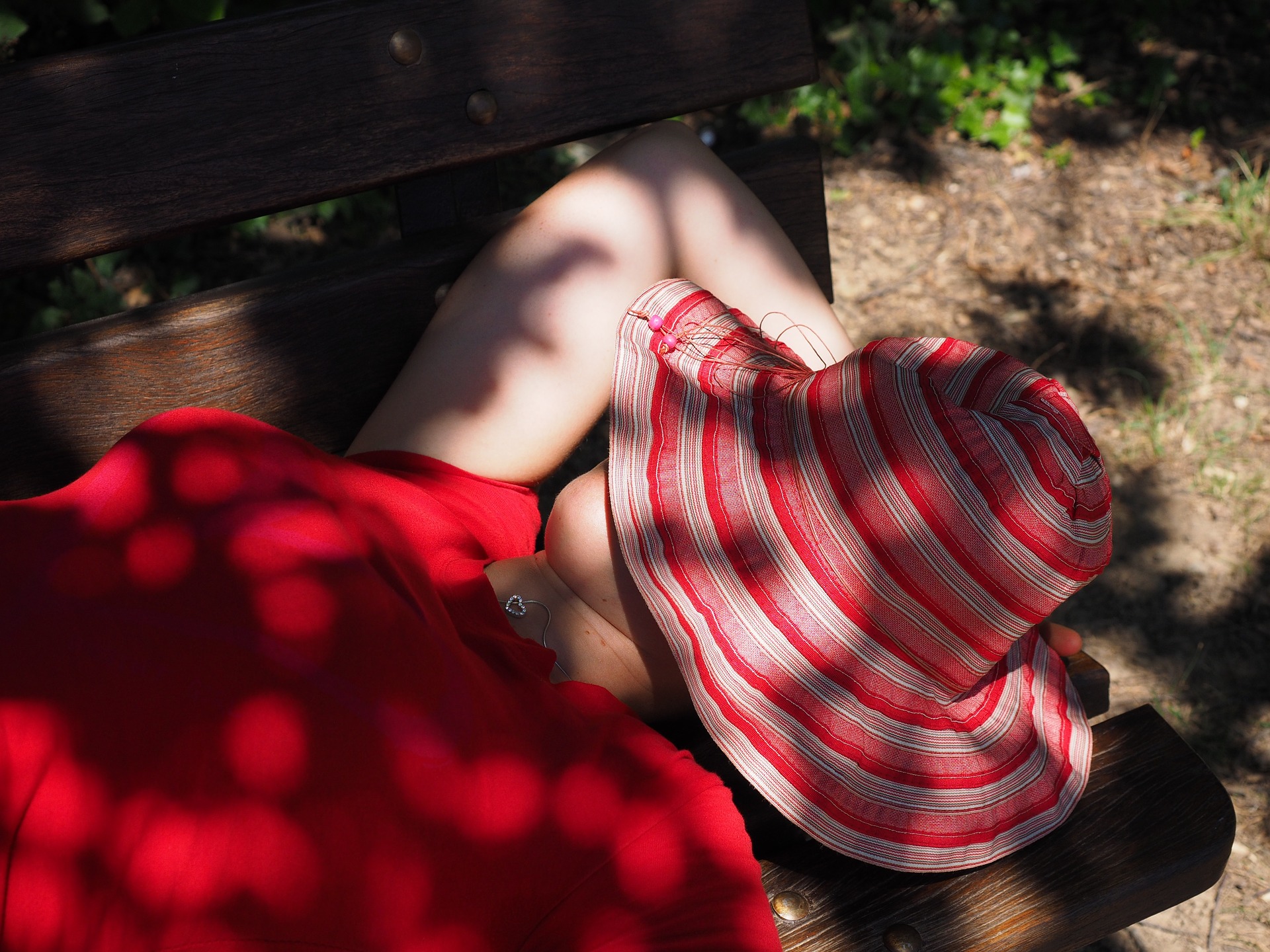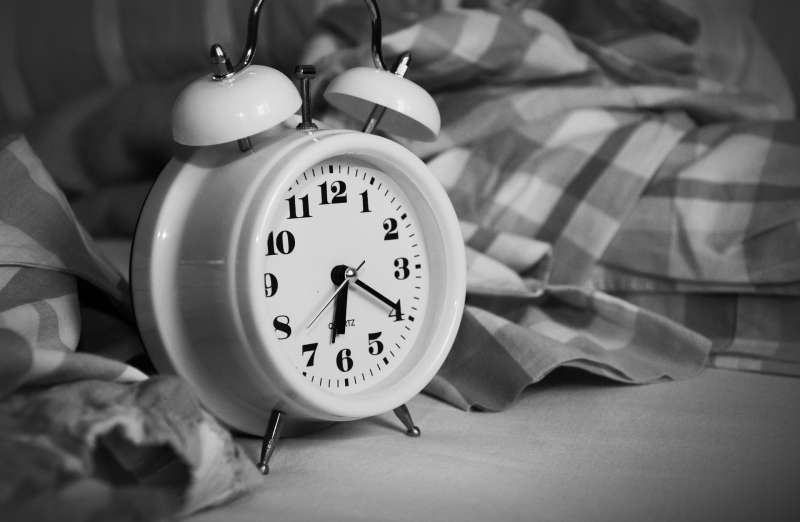- Email: info@yournutrition.site
- Home
- Living well
- Services
-
Recipes
- Recipes overview
- Large nutrition filter
- Breakfast
-
Lunch
- Spiced lentil soup
- Curried butternut squash and peanut butt
- Hearty leek and potato soup
- One pot spanish rice and bean soup
- Roasted veg filled herb egg rolls
- Spanish tortilla
- Vine tomato soup
- Chickpea and chorizo soup
- Pumpkin, sweet potato and ginger soup
- Minestrone soup
- Hot plum and fennel salad
- Chickpea and spinach curry
- Pink scottish salad
- Potato, pea and mint tortilla
- How to make your own kimchi
- Skirlie ball recipe
- Spiced carrot & lentil soup
- Poached eggs with grilled vegetables on
-
Dinner
- Hearty root veg curry
- Tarka dal
- Batch cooked beef stew
- Batch cooked chicken biryani
- Spiced pilau rice
- Pesto risotto with caramelised onions
- Mexican style sweet potato gratin
- Idiyappam
- Pumpkin risotto
- Jamaican black bean stew
- Balsamic roasted beetroot
- Easy peasy pizza
- Carrot and celeriac gratin
- Leek and potato cake
- Kale pesto
- Macaroni cheese
- Joe's healthier chilli
- Chicken jalfrezi
- Snacks
- Desserts
- Special diets
- Learn to cook
- Testimonials
- About
-
News
- News overview
- Nbite
- Nutrition News
- Site News
-
General News
- Coming soon
- Local News
-
Promotions
- Coming soon
-
Competitions
- Coming soon
- Links
- Contact
-
Living well
- Home
- Living well
- Active living
- Importance of sleep
Importance of sleep
- Jun 09, 2016
- Joe Jones
- 1041 words, Reading time around 6 minutes
- Living well
-
Active living
Home & Business
sleep recovery healing body balance rest health brain
Importance of sleep

Sleeping woman
Importance of sleep
When it comes to good health, making sure we get the nutrient balance our bodies need and keeping active is essential, but just as important is making sure we get enough sleep. Our bodies need this time to heal, repair and grow, during this time our brains also process all the information and memories gathered and made throughout the day.
All too often these days, sleep gets sacrificed for everything else going on in our day to day lives, once we finally do get into bed, it can be hard to switch off and relax enough to get the good quality sleep we need each night.
How will not getting enough of a good sleep affect me?
We all know the feeling during the day after a poor night's sleep, tired and achy, irritable and unable to focus properly. This happening every now and then won't do our health any harm, but after a few or more nights of this, the effect on our mental state becomes more serious and could be dangerous. Our brains start to feel fuzzy, making it harder to concentrate and make decisions, we may fall asleep during the day and our risk of injury from accidents increases as well. If this continues regularly, not getting enough of a good sleep has been linked with an increased risk of developing type 2 diabetes, obesity and heart disease.
How much sleep do we actually need?
There are many figures thrown around for how much sleep we all should have each night, anywhere from 7-10 hours, but as with most things, we are all individuals, some of us need more or less than others. Saying that, It is generally agreed however that for most of us to be able to function properly and not increase our risk of developing an illness, on average we should have at least 6 hours of good quality sleep each night. When it comes to sleep, a good thing to remember is that quality is more important than quantity.
Our natural sleep processes

Alarm clock
Our bodies have a natural body clock, called the circadian rhythm. It is this process running constantly over a 24 hour period which controls many of the processes that happen in our bodies at the same time each day, from our body temperature and blood pressure, to bowl movements and hormone regulation. Our body clock itself is also linked to the light-dark cycle, (the daytime and the nighttime) Two natural hormones, Melatonin and Cortisol, are key to our sleep patterns, produced and regulated by our bodies at certain times during these cycles.
Melatonin helps us get to sleep, as it gets dark it starts to build up, reaching peak levels around 4am when it starts to reduce. Cortisol has the opposite effect in those early hours, its levels start to increase, gradually getting us ready to wake and do everything we do during the day. When these processes or how they work together get disrupted, it's called a sleep disorder.
The sleep cycle
When we sleep, our bodies go through a 90-minute repeating cycle during the night, made up of five stages.
Stage 1 (around 5-10 mins)
- We feel warm, cosy and start to drift between wake and sleep.
- Our brainwaves start to slow.
Stage 2 (around 50% of the night)
- We drift off to sleep, starting to ignoring our surrounding
- Our breathing and heart rate becomes regular
- Body temperature starts to drop
- This is when most of our memory consolidation happens, we dream in black and white
Stage 3 (around 20% of the night)
- We go into our deepest sleep period
- Breathing becomes slower, blood pressure drops
- Our brainwaves are much slower now
- Our body is now repairing and growing
- Our immune system is busy producing antibodies to fight infection, and anti-allergens and anti-cancer cells to clean the body
- Growth hormones are released to build and repair body tissues
Stage 4 (we move back into stage 2 again)
- We unconsciously check our surroundings are safe
- Our muscles are relaxed
REM sleep (around 25% of the night) This stage lasts about 5 mins and happens around 90 mins after falling asleep, it then repeats for longer periods at the end of each 90 mins sleep cycle.
- Our brain is busy clearing toxins, important for our mind and memories
- We dream in colour now
- Our eyes dart back and forth
Through the night we move back through the repeating cycle until we wake.
Foods that can help us sleep

Banana and raspberries
There are a variety of foods that have been shown to boost melatonin levels, which if eaten later in the day or evening could help us to sleep.
- Unripe bananas
- Cherries
- Kiwi fruit
- Raspberries
- Tomatoes
- Jasmin rice
As well as these foods, there are others such as cheese, milk, chicken and pumpkin seeds that can boost levels in a different way. These foods contain an amino acid called Tryptophan, which when it reaches our brains, is converted into the chemical Serotonin.
As it gets dark, serotonin is converted into melatonin, which is one of the reasons melatonin levels increase at this time. Eating some of the foods above or a small piece of cheese or warm milk a few hours before bed will make sure our bodies have enough of what it needs to help us drift off and get a better nights sleep.
Other tips for a good night's sleep
- Create a dark, quiet and cool space
Use heavy or blackout curtains or blinds, or try an eye mask and earplugs. Try not to use laptops, tv's or mobile phones in the bedroom at night, the blue light from these will stop you falling asleep, as well as causing a distraction.
- Remove clocks
Having clocks in the bedroom can be a distraction and cause unnecessary pressure to get to sleep if they are constantly checked. If you use one, or your mobile for an alarm, turn the display off and keep it away from the bed so you can't reach it during the night.
- Try not to have a bath/shower right before bed
These will raise body temperature, which will still be too high before trying to sleep.
- Aim to avoid eating in the two hours before bed
Eating too late before bed means our bodies will be working to digest the food at the same time as trying to sleep.
- Hydrate throughout the day
Try to drink plenty during the day and from around 5pm start to reduce intake. This will help to avoid bathroom trips during the night, affecting sleep patterns.











